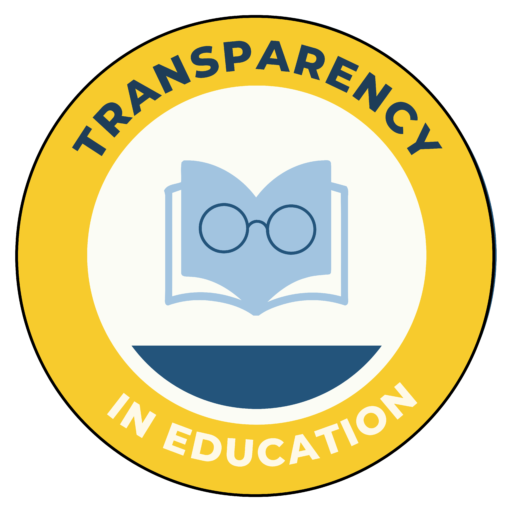FCPS Is Integrating Equity and Anti-Racism Principles Despite Its Many Problems
August 23, 2022
FCPS is heavily invested in rolling out policies, training, and lessons based on the principles of Equity and Anti-Racism but these are not the same as Equality and Opposing racism in all its forms. The following article explains why the FCPS approach is counterproductive to creating the racist-free environment they are looking for.
- Equality is the belief that each person is given the same (or equal) resources or and opportunities to achieve the best outcome.
- Equity is the recognition that each person has different circumstances and therefore it is equitable to allocate resources to each person’s needs to help ensure equal outcomes.
Said another way, equity recognizes that not everyone has the same starting point and that situation can result in a disadvantage*, which sounds like a reasonable assumption and one that should be included when trying to help educate students. It relies, of course, on an individual’s willingness to use those allocated opportunities and no program can ensure that will happen so unequal outcomes will always exist, but there is more of an issue with how the education system is using equity as a driving standard for disparate outcomes; the use of anti racism policies and training.
Anti-racism teachings take the position that it is impossible to achieve equity though the allocation of resources based on an individual’s circumstances because our culture is systemically racist, with each person and institution being intrinsically racist. Anti-racism teaches that racism is not an individually held belief that shows up in the behaviors of certain people or groups, but a belief that all people in the dominant culture of a society are racist, and anyone who believes that merely modifying the current system can help create equity are therefore racist. Equity is only possible by first recognizing that the system must be transformed, or taken apart, and rebuilt because racism exists in every organization and individual throughout society.
To know more about anti-racism refer to the article on the – How is Being an Antiracist Different that being against Racism? That article provides more detail directly from the leading proponents of the anti-racism approach such as Ibram X Kendi, the author of How to Be an Anti Racist.
Equality of outcome however can be achieved by focusing on, and addressing, all possible causes of unequal opportunities for achievement. If someone is economically disadvantaged they may not have access to the same resources others might have. If someone comes from a dysfunctional, non-supportive home environment they may not have access to the guidance and support others might have when they leave school. If someone has behavioral issues and/or clinical issues like ADHD or dyslexia they will need help to give them the same opportunities to achieve. And if someone is the victim of racism that should be identified and remedied so that the person can have access to the same resources and opportunities as others, and the identified racism should result in disciplinary actions and policy changes to ensure that the cause or gap that allowed it is removed. However assuming that all disparities come from the deeply rooted institutional racism built into the systems and organizations of our educational system is counterproductive to achieving the goal of true equitable treatment and opportunity.
The FCPS Racial Equity Committee (REC) has been working on policies to address racism and has relied heavily on the use of anti-racism, which is a term used throughout their proposals for new policies and teacher training. It is unclear how this will impact FCPS since the REC has not met publicly since May 11. In the REC’s annual update to the BOE in May I proposed that disparate outcomes showing underachievement by any race should be examined for all potential root causes not just racism, however a BOE member dismissed my proposal and suggested otherwise, indicating the tacit acceptance of the Anti-Racist approach.. The new FCPS School Opening Plan is silent on the activity of the REC (to the point that it left the committee off the list of committees listed in the Partnering with the FCPS Community section of the plan) so it further leaves their direction vague.
The next meeting of the Racial Equity Committee is September 6 at 6:00pm at the Learning & Leadership Center, 44 W Frederick Street, Walkersville, MD
The Racial Equity Committee is accepting applications for membership through September 4th. Applications can be submitted through the FCPS website.
* Someone experiencing a disadvantage is not the same as someone else having privilege. If an approach to equity includes a focus on reducing or eliminating privilege rather than helping the disadvantaged it will dilute the education of all.

